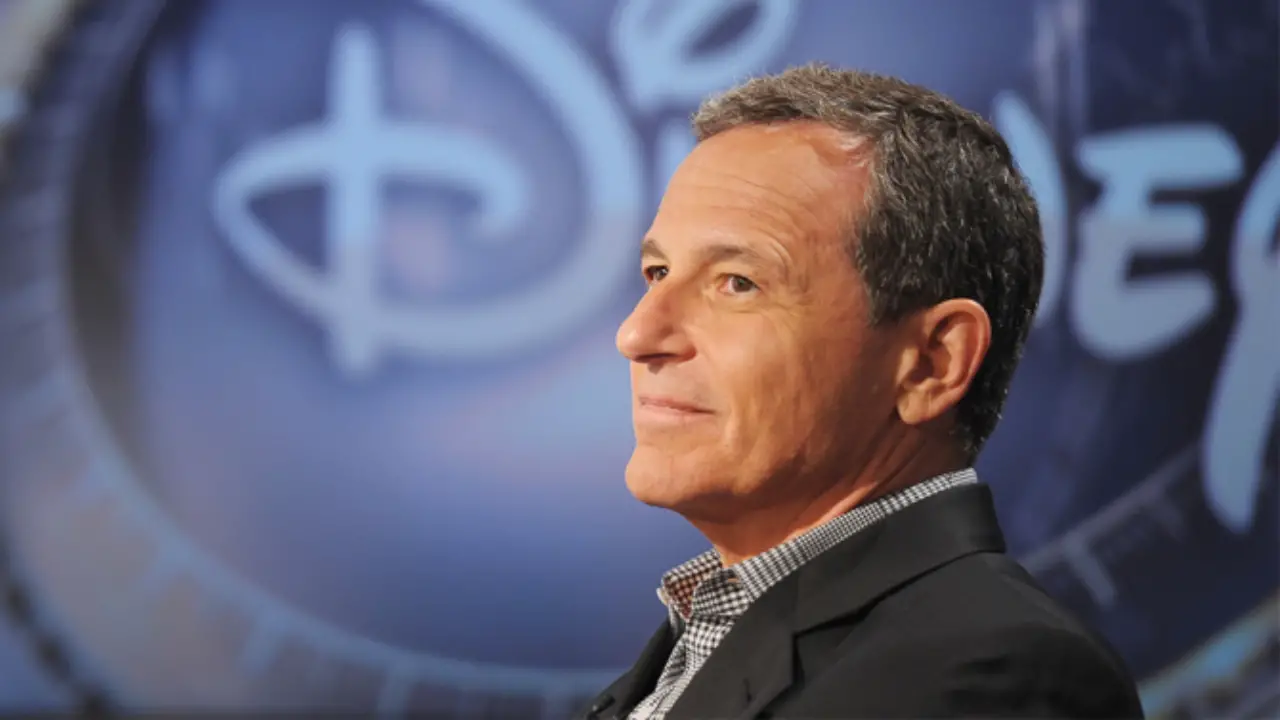The Walt Disney Company is not going to exit the linear network business, CEO Bob Iger has shared in an interview with CNBC. On top of that, he sees Disney’s position as an advantage. This comes after Warner Bros.- Discovery has said it would be splitting in two, with the half being its streaming and studios business and the other half its U.S. cable businesses. Comcast is also spinning off most of its cable networks (excluding Bravo) into a new company called Versant.
Iger said that “it’s also interesting to us that as many others exit that business, I think it gives us a stronger hand to stay in that business. You know, we’re very focused. We will have, interestingly enough, a linear television business that’s paired with a streaming business. So, when you think about it, these spinoff companies won’t have the assets from a streaming perspective that we will have. Again, I think that gives us an advantage.”
Although Iger sees an advantage in having linear television networks, it doesn’t mean that they aren’t adapting to the changing times. The company has undergone multiple rounds of layoffs and restructuring in its linear television businesses. Iger also said during Disney’s annual shareholder meeting that Disney would “reduce pretty dramatically our investment in content specifically aimed at those traditional networks.” Iger also said that when he returned to Disney in 2022, he concluded that “it’s not a growth business, but it could become an important component to our ability to basically engage with the consumer.”
During this week’s interview, Iger said that in 2023, “I put everything on the table and asked the team to evaluate” two questions: whether Disney should buy Hulu or sell it, and whether the company “should sell our linear television networks or whether we should hold on to them.”
Iger said that after “a pretty lengthy process internally and really taking a long look at what these properties could mean to us long term, we decided that the best course for us to take was to not only hold on to Hulu and buy it in its entirety but also to hold on to the linear television networks and to integrate them seamlessly with our streaming business.”
He added that there are still enough U.S. pay-TV subscribers “to generate a significant amount of revenue” from the dual revenue stream of advertising and subscription fees. Iger said Disney manages its TV networks in one organization and “we also aggregate audiences for marketing purposes.”
According to Iger, the combination of Disney’s streaming and linear television businesses “is actually a winning combination for us. It’s one of the things that’s enabled us to turn the streaming business around from a huge loss to profitability, and over the next several years it will enable us to grow margins significantly on the streaming side because [of], again, the ability to amortize program costs and the ability to essentially aggregate audiences and revenue.”
Iger then shared how Disney’s different networks work together to create a stronger offering for the company. This includes ESPN, Disney+, FX, ABC, and Hulu. “When you think about those five networks and how they’re programmed across linear and streaming, you’ve got a business that actually provides us an opportunity to not only grow, but to grow margins in the process as well,” Iger said. “So again, we like the direction we’re going. We like the fact that we’re one of the few [companies] that is doing this, because I think it sets us up to be even more competitive in a marketplace that’s becoming even more fragmented.”
The comments come after Disney announced a deal to purchase the remaining stake in Hulu from Comcast. A third-party arbitrator determined that Disney would have to pay an additional $438.7 million (on top of the $8.61 billion already paid). This was in contrast to the additional $5 billion that Comcast was hoping to receive.
“So obviously, we’re very pleased with this result. But now we’re focused on doing what we intended to do once we gain full control of [Hulu],” Iger said. “And that’s basically to put these apps together seamlessly, to create an experience for the consumer that’s easier to use, easier to buy, to increase engagement, to lower churn, to grow subs, and ultimately to consolidate more and to save some money in terms of the operation.”
What do you think about Disney remaining in the linear television business? Do you think it is the right call for the company? Share your thoughts and opinions in the comments below!

